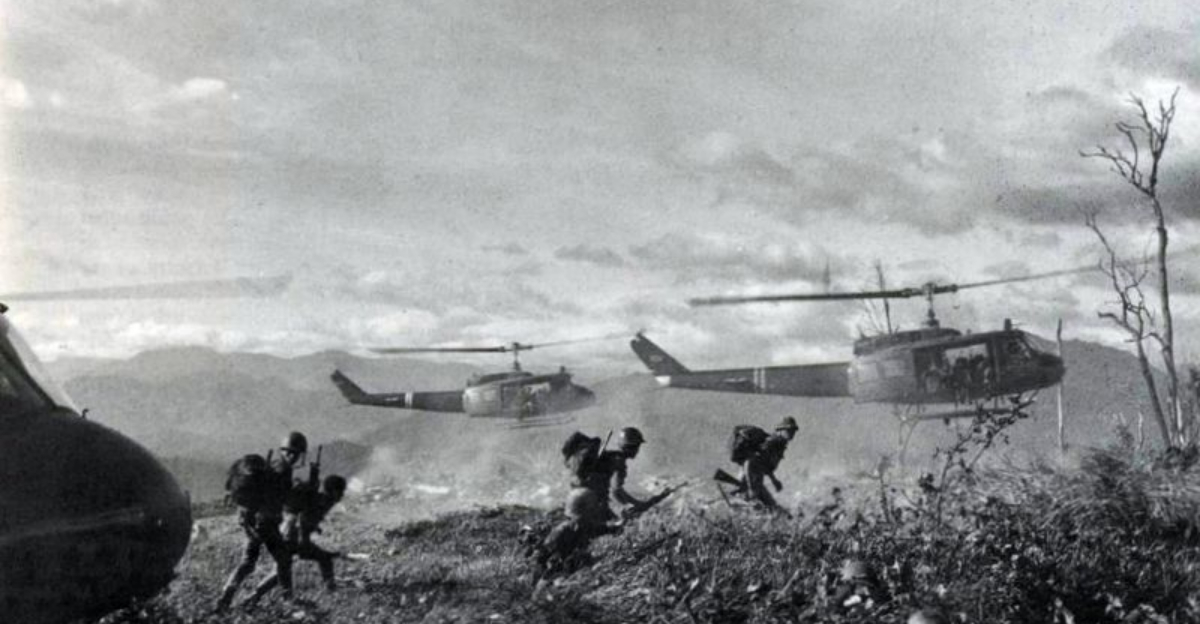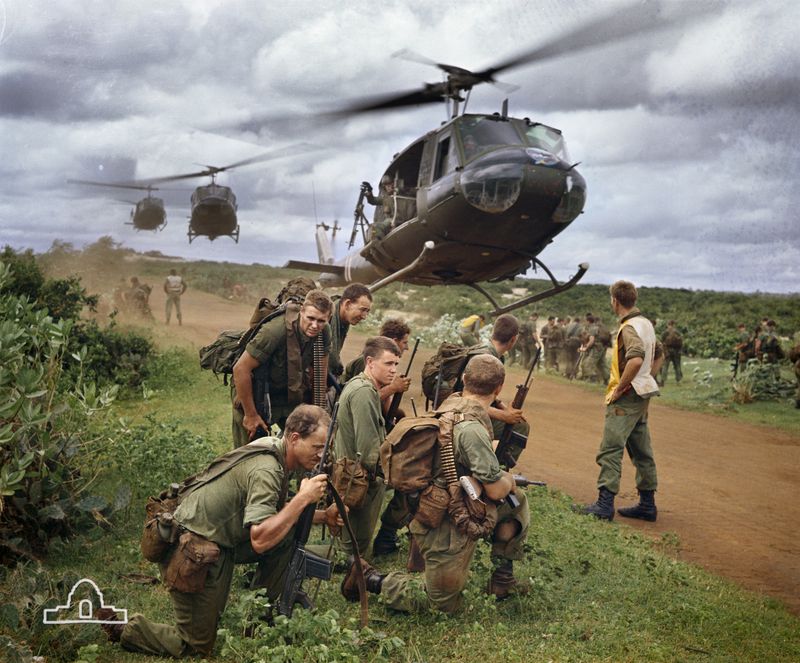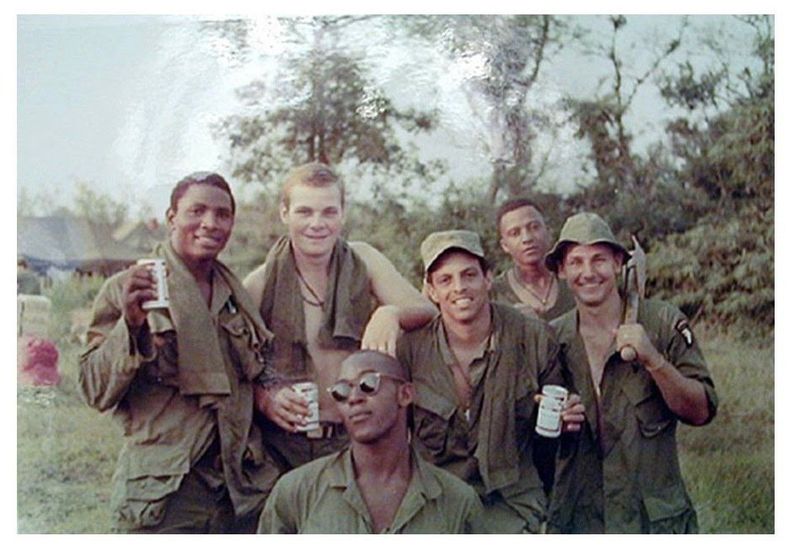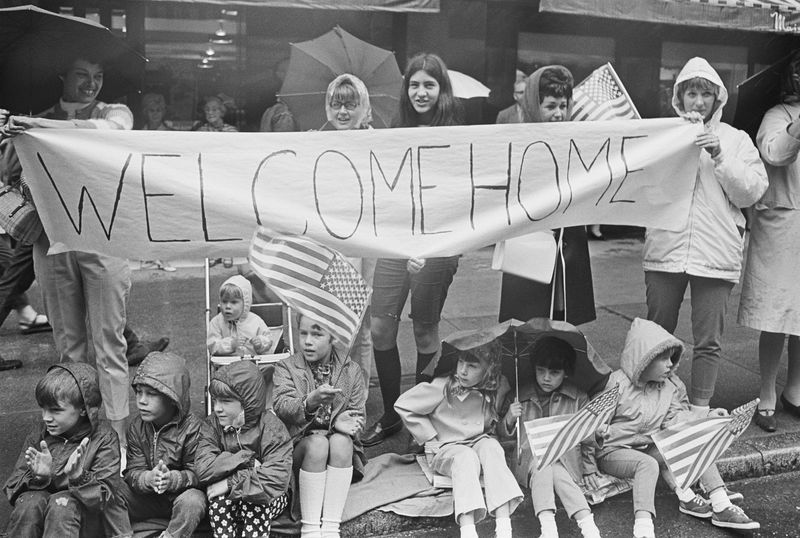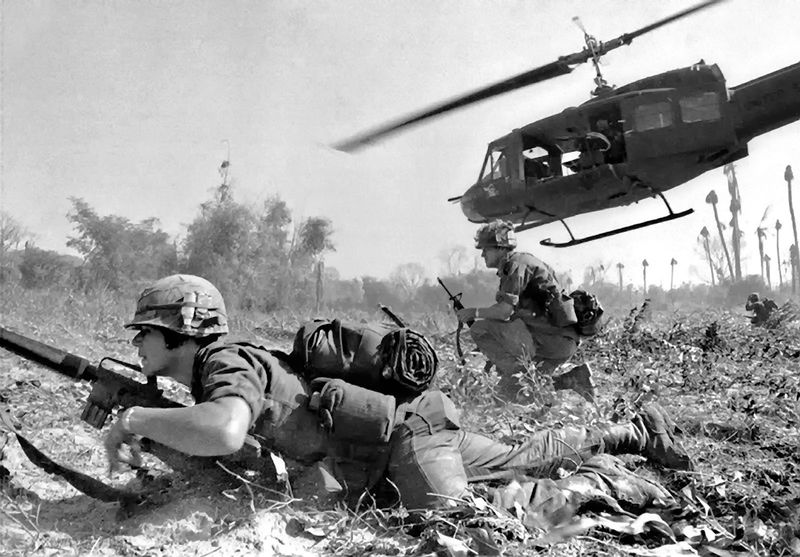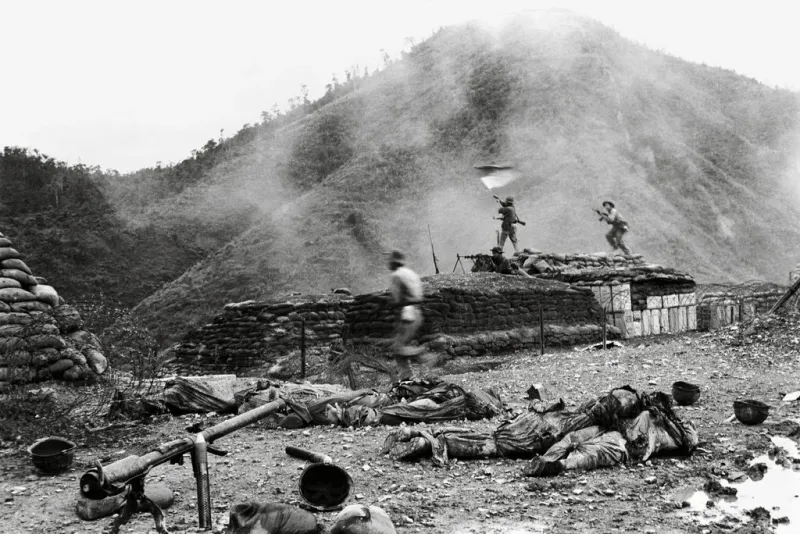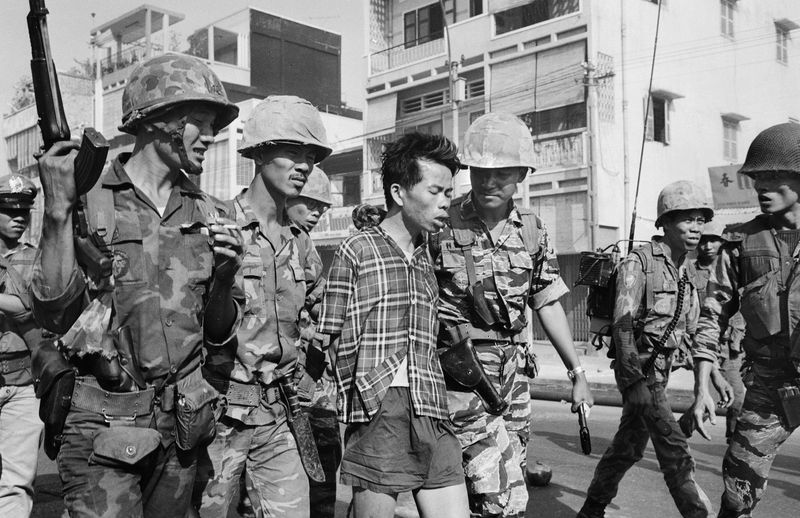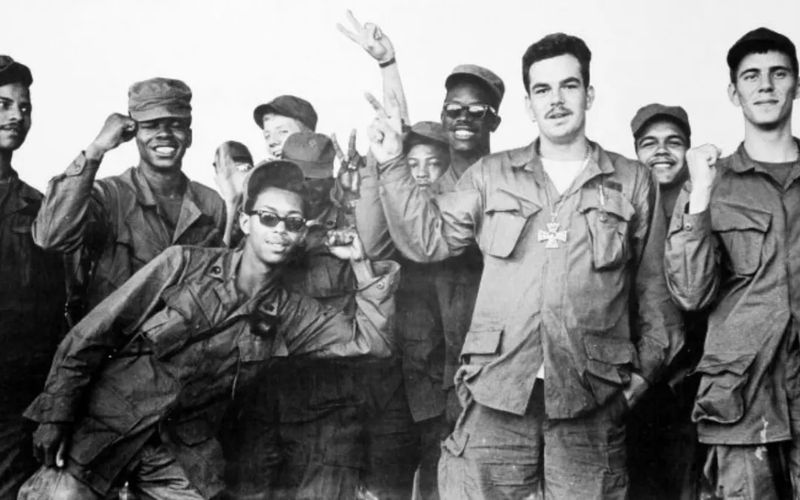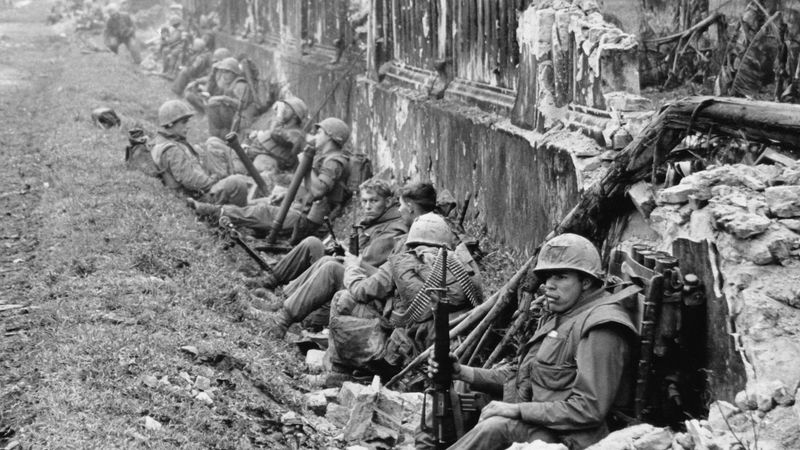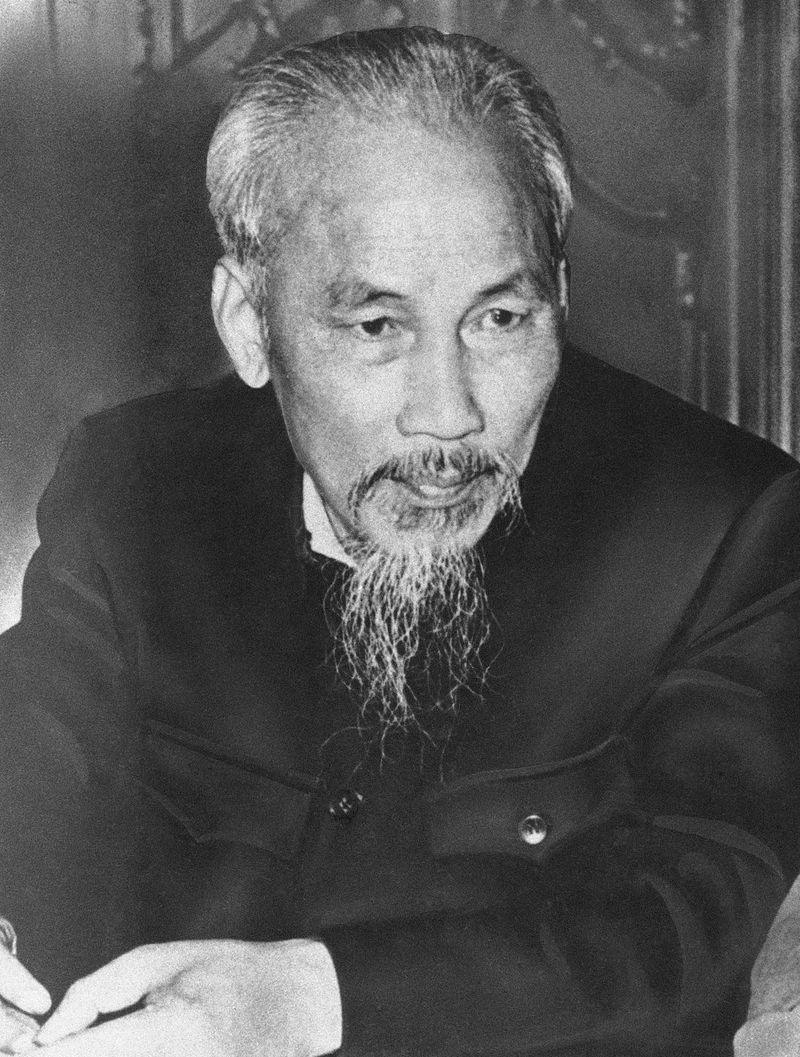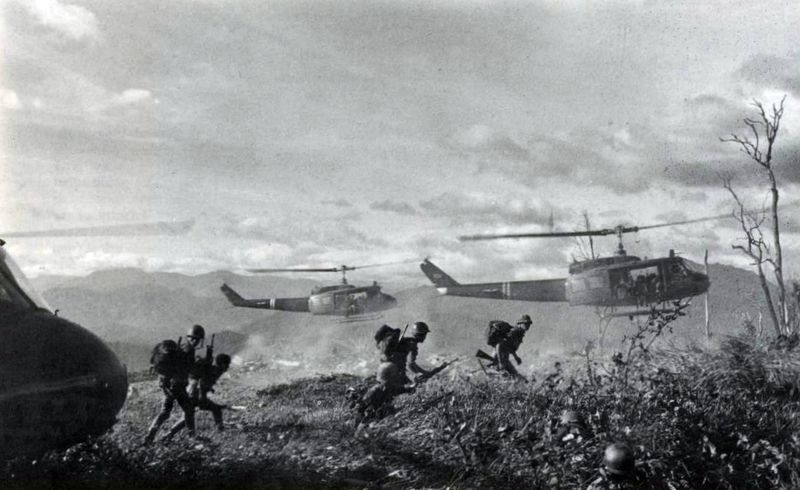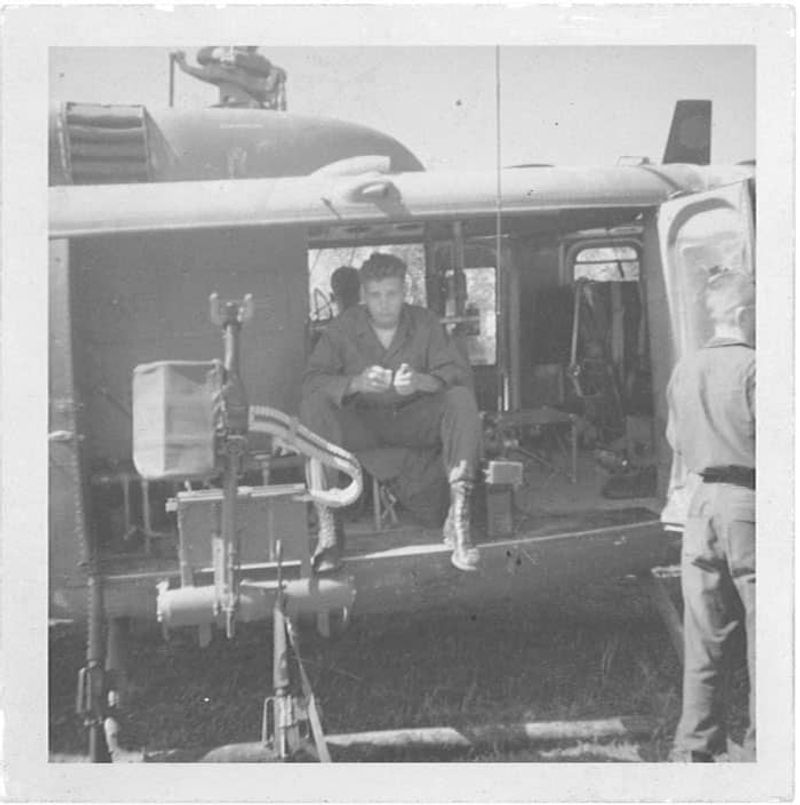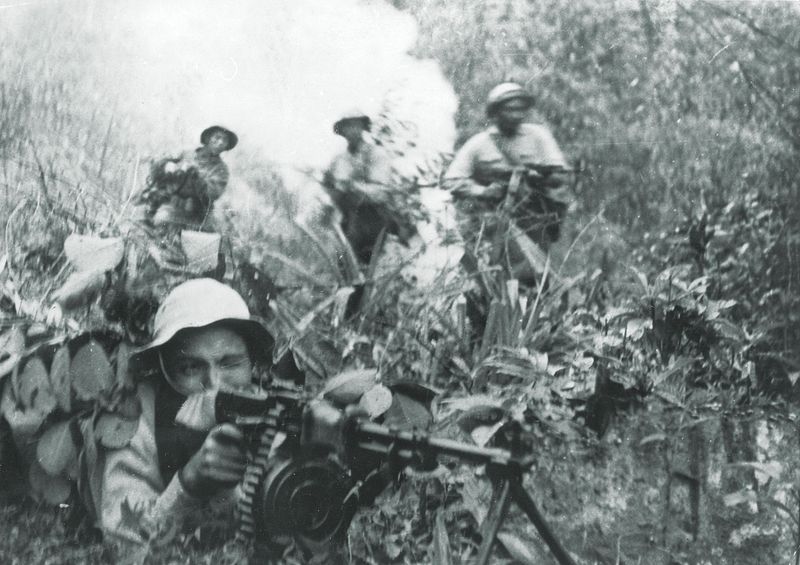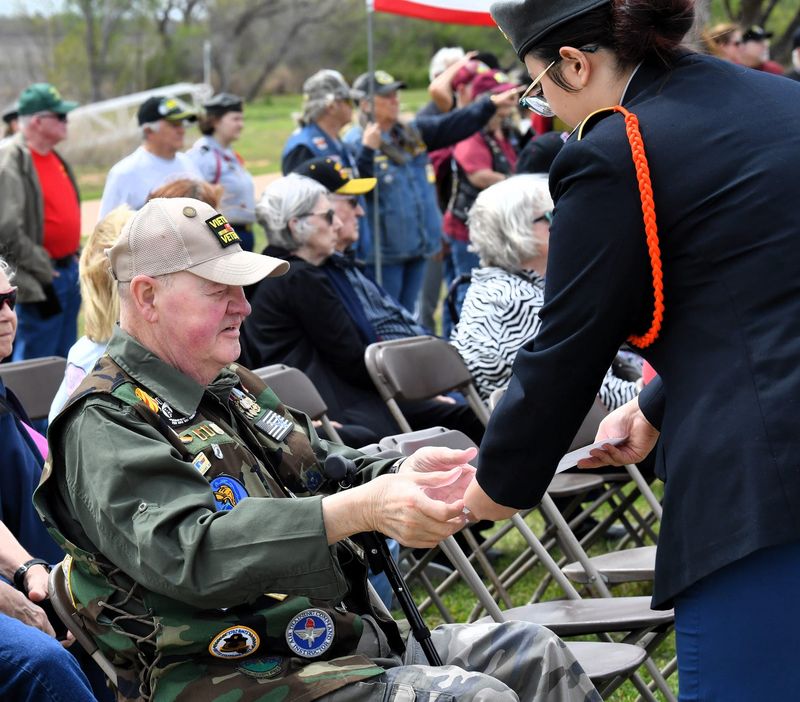The Vietnam War, a complex and controversial conflict, is often misunderstood due to numerous myths and misconceptions. These myths, propagated by media portrayals and historical oversimplifications, have skewed public perception of the war’s nature, participants, and outcomes. By unraveling these myths, we aim to provide a clearer picture of what truly transpired during this pivotal period in history.
1. The Vietnam War Was Only an American Conflict
Many people still believe that the Vietnam War was solely an American affair, but this oversimplification misses the broader context. The conflict engaged not only the United States and Vietnam but also saw significant involvement from several nations like South Korea, Australia, and New Zealand. China and the Soviet Union supported North Vietnam, further internationalizing the struggle. South Vietnam, with its own government and military, fought alongside American forces. Understanding the multifaceted nature of this war helps us appreciate the global dimensions that shaped its outcomes.
2. All Vietnam Veterans Were Drafted
The notion that every U.S. soldier in Vietnam was drafted is a widespread myth. In reality, about two-thirds of those who served were volunteers, motivated by various personal beliefs and circumstances. While the draft did play a significant role, volunteerism was a prominent feature of the military engagement. This fact shifts the narrative from an army of reluctant conscripts to one where many were driven by a sense of duty or adventure. Recognizing this diversity in military service challenges the simplistic views often associated with Vietnam War veterans.
3. U.S. Soldiers Were Spit on and Called “Baby Killers” When They Returned
A persistent and damaging myth is that returning Vietnam veterans were universally met with hostility and abuse, notably being spat on and labeled “baby killers.” While there were instances of tension and protest, extensive research suggests that such encounters were far less common than popular culture has led us to believe. In many communities, soldiers were welcomed home with pride and gratitude. This understanding highlights the discrepancies between Hollywood portrayals and the realities faced by returning veterans, allowing for a more nuanced comprehension of the era’s societal dynamics.
4. The U.S. Lost Every Battle in Vietnam
The belief that the U.S. lost every battle in Vietnam is a misconception that undermines the complex nature of the war. In fact, American forces won most major engagements on the battlefield, showcasing tactical prowess and military might. However, a combination of political missteps and strategic challenges ultimately led to the war’s perceived failure. Recognizing these military victories while understanding the broader political and strategic context provides a more balanced view of the conflict, illustrating the multifaceted challenges that led to its conclusion.
5. The War Was Fought Mainly in Jungles
A common image of the Vietnam War is that of dense jungle fighting, yet the reality was far more varied. Combat took place across different terrains, including cities, highlands, and expansive rice paddies. This diversity in battlegrounds meant that soldiers had to adapt to a multitude of environments, each with its own strategic implications. Understanding the varied landscapes of Vietnam challenges the narrow view of jungle warfare and highlights the adaptability and resilience of the forces involved. This broader perspective paints a richer picture of the conflict’s complexity.
6. The Tet Offensive Was a Military Victory for North Vietnam
The Tet Offensive is often perceived as a decisive military victory for North Vietnam, but this overlooks the true outcome. Militarily, U.S. and South Vietnamese forces successfully repelled the attack, inflicting heavy casualties on the North. However, the offensive was a psychological triumph for North Vietnam, as it shifted American public opinion and eroded support for the war. This duality of military defeat yet psychological victory illustrates the complexity of the conflict and its impact on domestic and international perceptions.
7. The Draft Targeted the Poor and Minorities
A prevalent myth about the Vietnam War draft is that it disproportionately targeted the poor and minorities. While inequities existed, the draft was broader than commonly assumed, affecting individuals from various socioeconomic backgrounds, including the middle class and whites. This misconception oversimplifies the draft’s reach and ignores the complex socio-political factors that influenced who served. By examining the broader scope of the draft, we can achieve a more comprehensive understanding of the war’s impact on American society and the diverse array of individuals who served.
8. The War Was About Stopping Communism Only
It’s easy to think of the Vietnam War as solely a fight to stop communism, yet this view obscures other crucial factors. The conflict was deeply entangled in Cold War politics, colonial histories, and Vietnam’s own internal strife. While communist containment was a major focus, the war was also about U.S. geopolitical strategy and the struggle for national identity within Vietnam. Recognizing these layers allows for a more informed perspective on the war’s causes and objectives, moving beyond the simplistic binary of communism versus capitalism.
9. Ho Chi Minh Was Just a Communist Puppet
Ho Chi Minh is often unfairly dismissed as merely a puppet of communist powers, yet his story is one of nationalism and independence. Long before aligning with the Soviet Union or China, Ho sought to free Vietnam from colonial rule. His leadership was driven by a vision of a unified, independent Vietnam, and his communist alliances were strategic rather than ideological. This nuance in Ho’s motivations challenges the simplistic narrative and highlights his complex role in Vietnam’s history, where national identity and self-determination were paramount.
10. Agent Orange Was Just a Defoliant
The belief that Agent Orange was merely a defoliant belies the severe consequences it had on both the environment and human health. This chemical, used extensively to eliminate forest cover and crops, led to catastrophic ecological damage and long-term health issues for both Vietnamese civilians and U.S. veterans. Birth defects, cancers, and other serious conditions have been linked to its exposure. Understanding these effects reveals the true legacy of Agent Orange, highlighting the ethical and environmental costs of its usage during the conflict.
11. The U.S. Could Have Easily Won the War
The notion that the U.S. could have easily won the Vietnam War if only more force was applied is a myth that oversimplifies the conflict’s complexity. The war was characterized by guerrilla tactics, political intricacies, and an unfamiliar terrain that defied conventional military strategies. Moreover, winning hearts and minds proved to be as crucial as battlefield victories. Understanding the multifaceted nature of the war undercuts the simplistic view of a straightforward military solution, highlighting the nuanced challenges that defined this contentious period in history.
12. All Vietnam Veterans Suffered from PTSD or Became Homeless
A stereotype persists that all Vietnam veterans returned home with PTSD or fell into homelessness, painting a grim picture of their post-war life. While many did face significant challenges, including mental health issues, the majority reintegrated into society, finding employment and building families. This myth overstates the trauma experienced, overshadowing the resilience and adaptability many veterans demonstrated. Recognizing their varied experiences fosters a more balanced view of their contributions and sacrifices, moving beyond the monolithic portrayal of troubled veterans.
13. The Vietnam War Was Unwinnable from the Start
The idea that the Vietnam War was unwinnable from the outset is a myth that disregards the potential for alternative strategies and diplomatic solutions. Some historians argue that different approaches, such as increased diplomatic engagement or varied military tactics, might have altered the war’s course or even prevented it altogether. This perspective encourages a more nuanced exploration of the decisions made during the conflict, recognizing the role of leadership and strategy in shaping historical outcomes.
14. Vietnam Veterans Were Universally Disrespected
The belief that Vietnam veterans were universally disrespected is a myth that doesn’t capture the complete picture. While the war itself was unpopular, many communities welcomed veterans with pride and gratitude, acknowledging their service despite national divisions. Parades and ceremonies were organized to honor their sacrifices, reflecting a more complex social landscape. By recognizing the diverse responses to returning veterans, we can appreciate the nuances of public sentiment during and after the Vietnam War, challenging the oversimplified narrative of universal disrespect.
